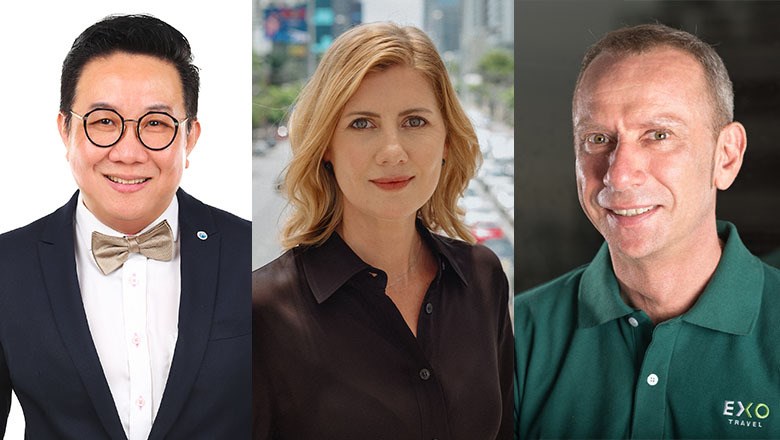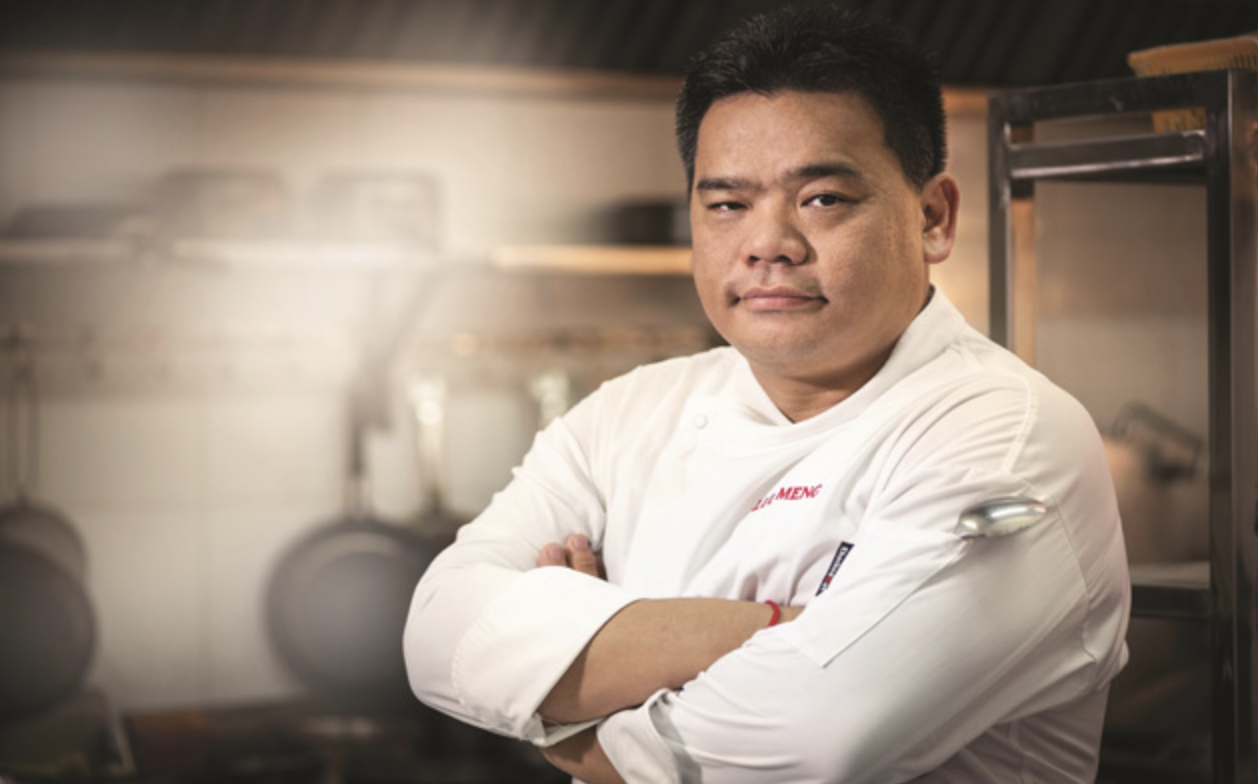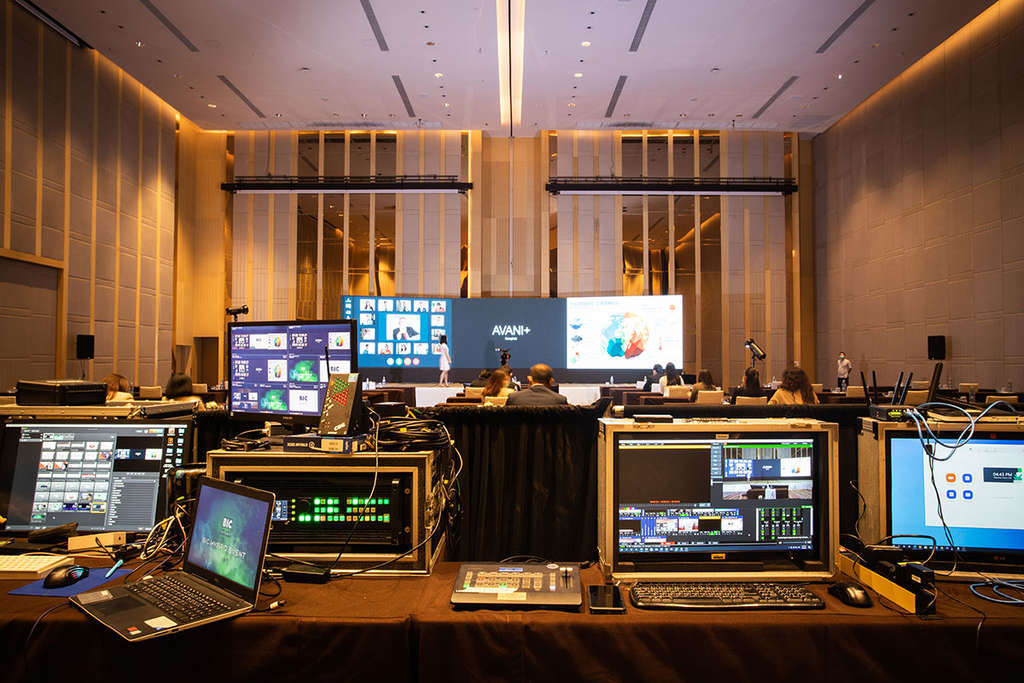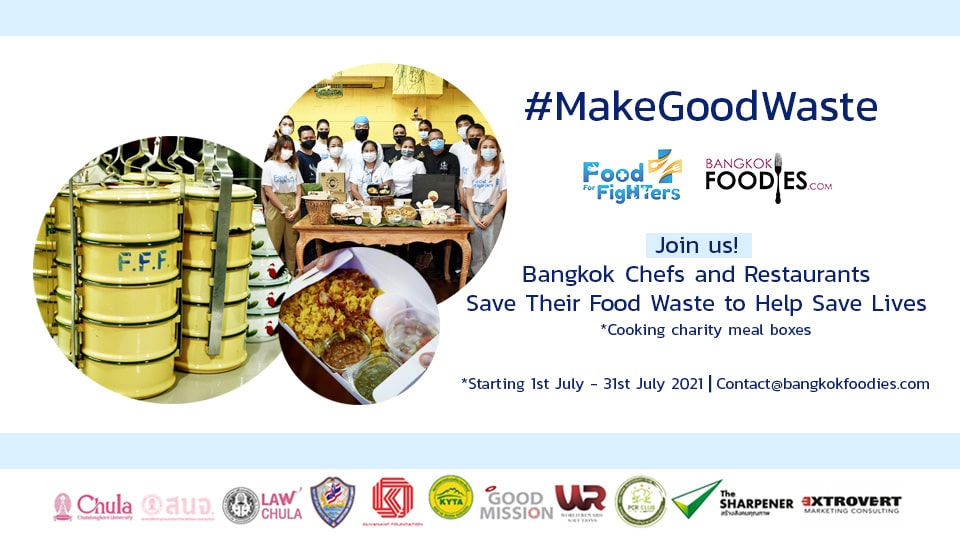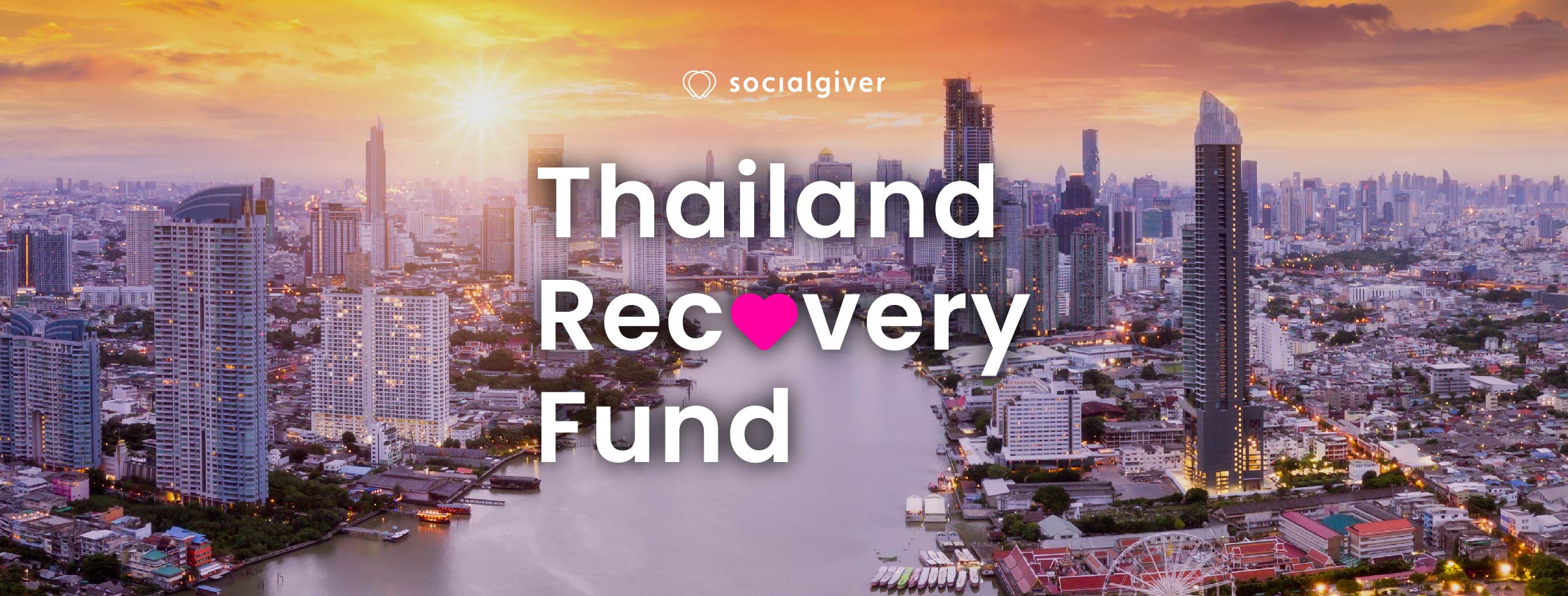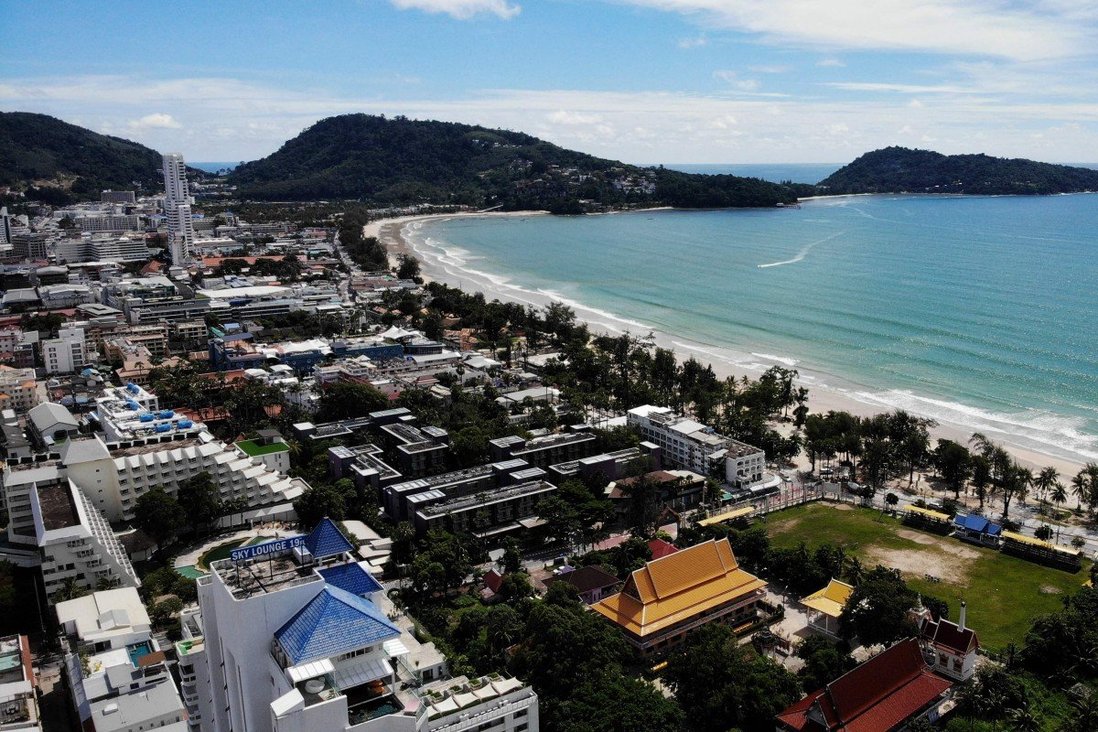With every crisis comes change, and many predict that the reboot of sorts for the world and the travel industry would swing the pendulum towards a more eco-friendly and sustainable form of tourism.
Hoping for a real mindset and behaviour change in the travel industry is Hamish Keith, CEO at Exo Travel.
“We hope that one of the silver linings of this very dark storm that is still raging around us is that people will think more carefully about how they travel and who they travel with. We know that there is an inevitability to people traveling more responsibly and more carefully and we also know it takes time before habits change,” said Keith.
Anthony Lim, president at Asia at The Travel Corporation (TTC), which operates a family of brands including Trafalgar, Insight Vacations and Luxury Gold, believes demand for sustainable travel experiences will grow.
“As the world begins to recover and travel was on pause for the past year, clients are now more mindful in travelling responsibly and will be inspired in making a positive impact in the destinations and local communities they visit,” he remarked.
“Also, they will be choosing more consciously a preferred travel company which has established sustainable travel guidelines and initiatives.”
Like most businesses, TTC has used the downtime as take stock of its environmental footprint and establish road maps for a greener future, reinforcing the company’s stand to stay the course with the development of its new five-year sustainability strategy, How We Tread Right, covering issues such as climate change, food waste, diversity and inclusion, and animal welfare.
“If there was a silver lining, the global pandemic has enabled us to very much focus on the implementation of our strategy,” said Lim.
It’s a similar story for another sustainability-focused company, Abercrombie & Kent, with regional managing director, Southeast Asia, Belinda Shillcock, saying: “During this period, we have focused on product development and how we can provide the most sustainable and memorable travel experiences.
“When the world is ready to reopen safely once again, Abercrombie & Kent Southeast Asia is ready to offer our guests sustainable, slow travel experiences throughout the region — staying longer, travelling deeper and ensuring lasting and more meaningful engagements with the people and places that we visit.”
But true sustainability in tourism goes beyond environmental protection, these industry veterans pointed out.
It’s also about “fair income distribution, protecting the sense of place and operating responsibly whilst giving back to the communities we visit”, said Shillcock.
As well, the pandemic has inevitably popularised the use of single-use plastics again, an area these tour companies are keen to reduce when travel reopens.
Exo, for example, will continue to promote reusable water bottles, provide reusable masks and support local projects to provide sanitisers made with sustainable materials.
“While Covid has massively impacted our business, disrupted our industry and will no doubt change the way people travel, we see sustainability as a long-term mission that transcends this crisis,” concluded Keith.
Read the full article at Travel Weekly Asia: https://www.travelweekly-asia.com/Travel-News/Responsible-Tourism/New-world-new-roles-of-engagement?fbclid=IwAR2mzW3ie_obUk222o5-bj19hykC6incpbahEe-6chrJySdM3VOyB4tj9JA
